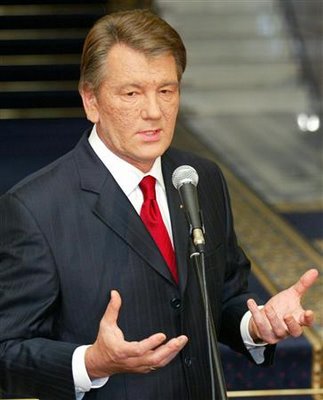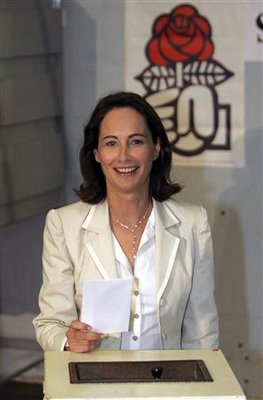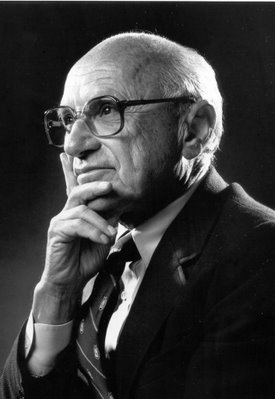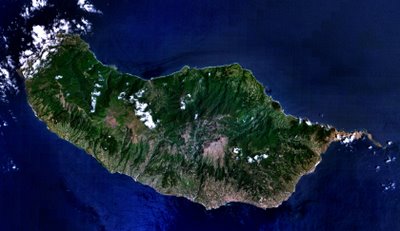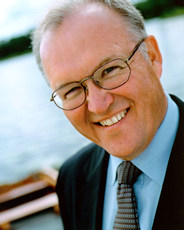(Texto publicado na Revista Dia D, no dia 17 de Novembro de 2006)
Em meados de Agosto, encontrei-me com um colega que não via há algum tempo. Com ele, estava um amigo de nacionalidade sueca, que estava a passar férias na Madeira. Com uma tarde livre pela frente, falámos sobre os mais diversos assuntos. A dada altura, o meu colega pergunta-lhe com que idade saiu de casa. Ele responde com naturalidade: “18, mas a minha irmã saiu com 16”. Movido pela curiosidade, não resisti a perguntar se era habitual na Suécia, os jovens saírem de casa dos pais tão novos e se não tinham problemas em sustentar a sua nova casa? A resposta foi instantânea. “Nenhum problema. Sabes que na Suécia é muito fácil arranjar casa e mantê-la. O governo ajuda imenso as pessoas. Ajuda tanto que os jovens quase nem têm vontade de trabalhar”. Na altura, não pude deixar de sorrir para o Mike e ponderei lançar-me num feroz ataque contra esse modelo económico. O meu colega pareceu ler-me os pensamentos e rapidamente desviou a conversa.
Em Portugal, o modelo económico sueco é visto com uma profunda admiração e reverência. O Primeiro-Ministro, José Sócrates, não se cansa de louvar o modelo nórdico, como exemplo de um bom estado social. Curiosamente, os suecos parecem já não ter tantas certezas sobre esse modelo de desenvolvimento, dada a derrota dos Sociais-Democratas nas recentes legislativas suecas.
Fazendo uma análise atenta aos índices económicos da Suécia ao longo do tempo, reparamos que o desenvolvimento económico está aquém daquilo que se publicita. Nos últimos 50 anos, a economia Sueca tem vindo a entrar em declínio, chegando a ter uma recessão em 1990. A taxa de desemprego tem vindo a aumentar, mesmo com os artifícios que o governo inclui para “esconder” a verdadeira taxa. A razão para este aumento é de todos conhecida: a excessiva regulação laboral a que o país está sujeito. De qualquer das formas, a economia sueca tem permanecido estável desde o período de estagnação, no qual foram implementadas reformas de modo a liberalizar o mercado sueco. Neste aspecto, a Suécia pode ser olhada com inveja pelos restantes congéneres europeus, pelo grau de liberdade económica do seu mercado e pela elevada qualificação da sua mão-de-obra. Porém, todos estes bons factores são minados pelo agressivo clima fiscal e pelos custos do seu modelo social.
Se até agora, o mercado liberalizado sueco tem conseguido aguentar o peso do Estado na economia, a situação não conseguirá permanecer estável por muito mais tempo. A principal razão para esse colapso, caso não se actue, é explicada pelo Mike. A construção do Estado social, com os seus generosos benefícios sociais e à custa de uma elevada carga fiscal, conduziram a uma alteração da moral social. A responsabilidade social, o pilar sobre o qual deveria ser assentar este modelo, foi relegada para um segundo plano. Com tantos benefícios e direitos sociais, a cultura do trabalho e da responsabilidade individual tornou-se secundária. Entrou-se na era dos direitos e terminou a era das responsabilidades.
Mesmo com as dificuldades que a Economia sueca começa a enfrentar, não tenhamos dúvidas que esta continua a possuir um enorme potencial económico, assente numa grande competitividade. O seu futuro depende da coragem para reformar o seu modelo social, pois é disso que a sociedade e a economia sueca necessitam.

